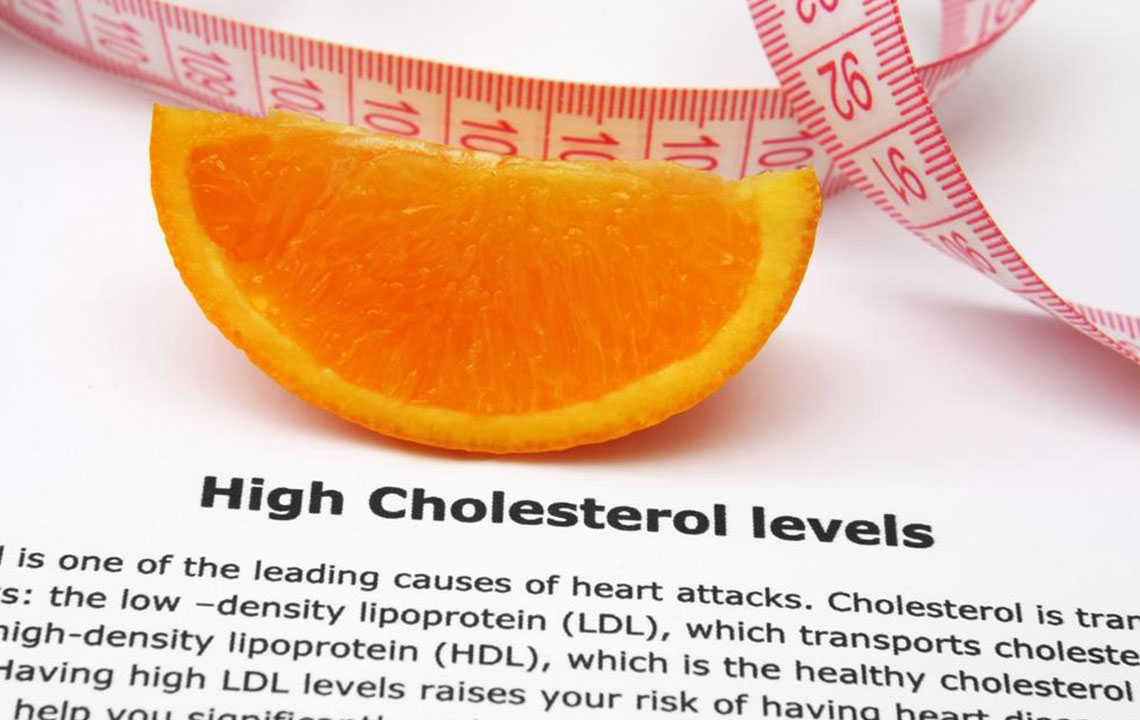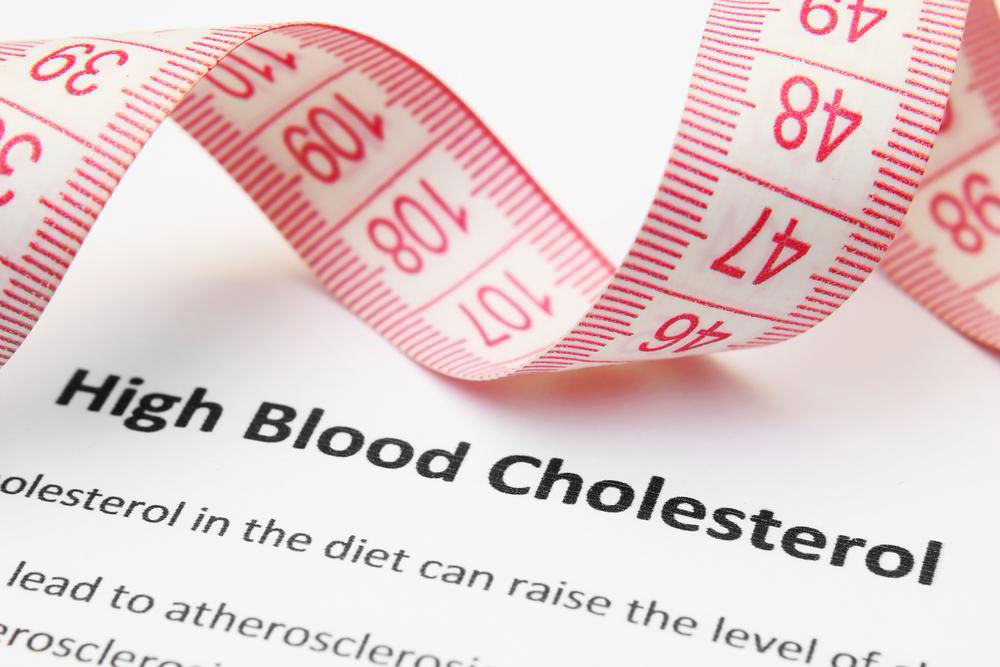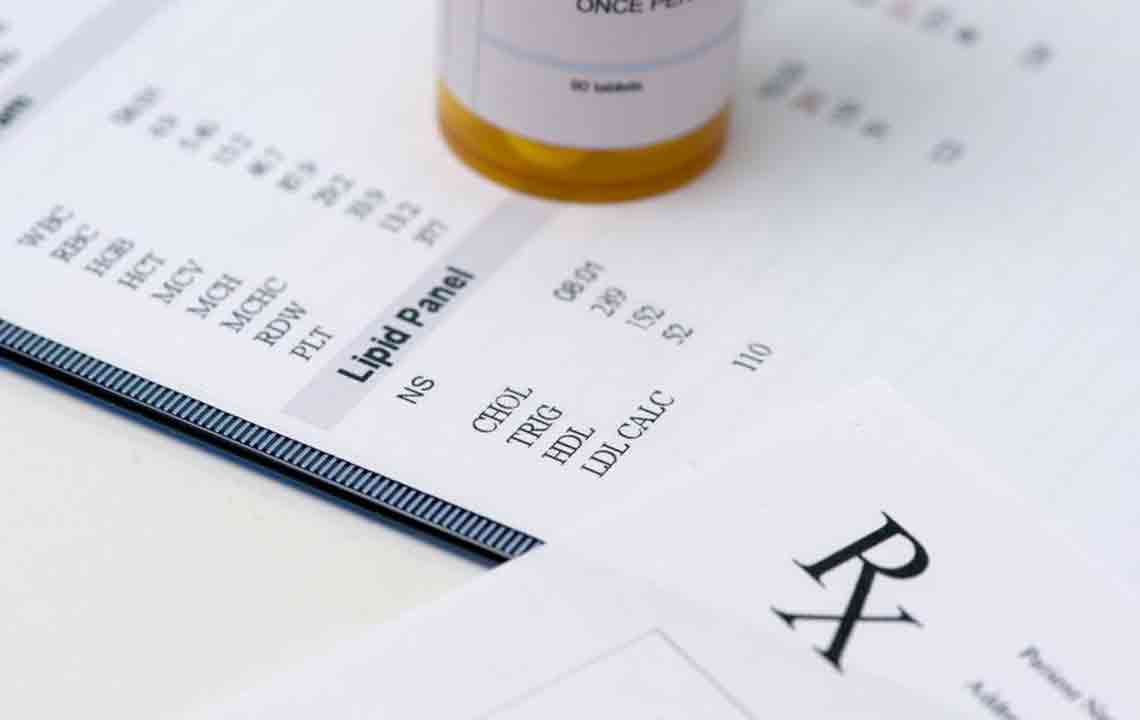Effective Self-Help Strategies for Managing High Cholesterol
Discover practical self-management tips to effectively control high cholesterol. Learn how lifestyle changes, healthy eating, and regular activity can lower LDL levels and promote heart health. This guide emphasizes the importance of diet, exercise, and consultation with healthcare providers for comprehensive cholesterol management.

Effective Self-Help Strategies for Managing High Cholesterol
Cholesterol, a type of fat present in the bloodstream, is crucial for body functions. Known as lipids, it exists mainly as LDL (bad cholesterol) and HDL (good cholesterol). Elevated LDL levels, termed hyperlipidemia, can threaten heart health by clogging arteries. Managing cholesterol involves lifestyle adjustments and dietary choices that can naturally lower levels. Here are practical tips to help control high cholesterol effectively.
Adopt Lifestyle Changes for Better Cholesterol Control
Small daily habits can significantly impact cholesterol levels. Focus on maintaining a heart-healthy diet, avoiding processed foods, and reducing trans fats. Prioritize quality sleep, engage in regular physical activity like walking or jogging, and incorporate stress-reducing practices like meditation. These steps support overall cardiovascular health.
Eliminate Trans Fats from Your Diet
Trans fats found in snack cakes, fried fast foods, margarine, and baked goods elevate bad cholesterol. Always check food labels for "hydrogenated oils" to identify trans fats and avoid them. Opt for healthier options to prevent cholesterol from rising.
Choose Healthier Fat Sources
Replacing saturated and trans fats with monounsaturated fats can help reduce LDL cholesterol. Use olive oil, canola oil, and eat foods like nuts, avocados, and seeds. Reducing intake of red and processed meats and high-fat dairy products also benefits heart health.
Opt for Whole Grains
Incorporate whole grain foods such as oats, brown rice, barley, and whole-wheat bread into your diet. Whole grains are rich in dietary fiber, which aids in lowering cholesterol levels.
Include Fresh Fruits and Vegetables
Fruits and vegetables are nutrient-dense and high in fiber, vital for managing cholesterol. Choose fresh options over processed fruit juices for maximum benefits.
Eat Fish Rich in Omega-3s
Heart-healthy fish like salmon, tuna, cod, and trout are excellent sources of omega-3 fatty acids. Regular consumption can help lower bad cholesterol and support cardiovascular health.
Prevention is key. Maintaining a balanced diet with low salt, regular exercise, quitting smoking, limiting alcohol, and managing weight are essential steps. Routine cholesterol checks and consultation with a healthcare provider ensure effective management. Making these lifestyle shifts can greatly improve heart health and reduce cholesterol-related risks.
Note:
Our blog offers comprehensive information across health topics, supported by research. However, this content is for informational purposes only and should not replace professional medical advice. Always consult healthcare professionals for personalized treatment options. The website cannot be held responsible for any discrepancies or missing details in other sources.










